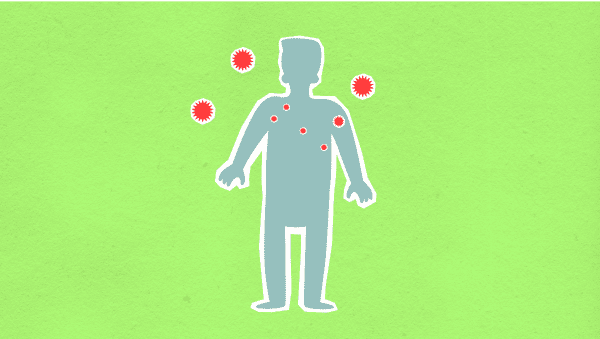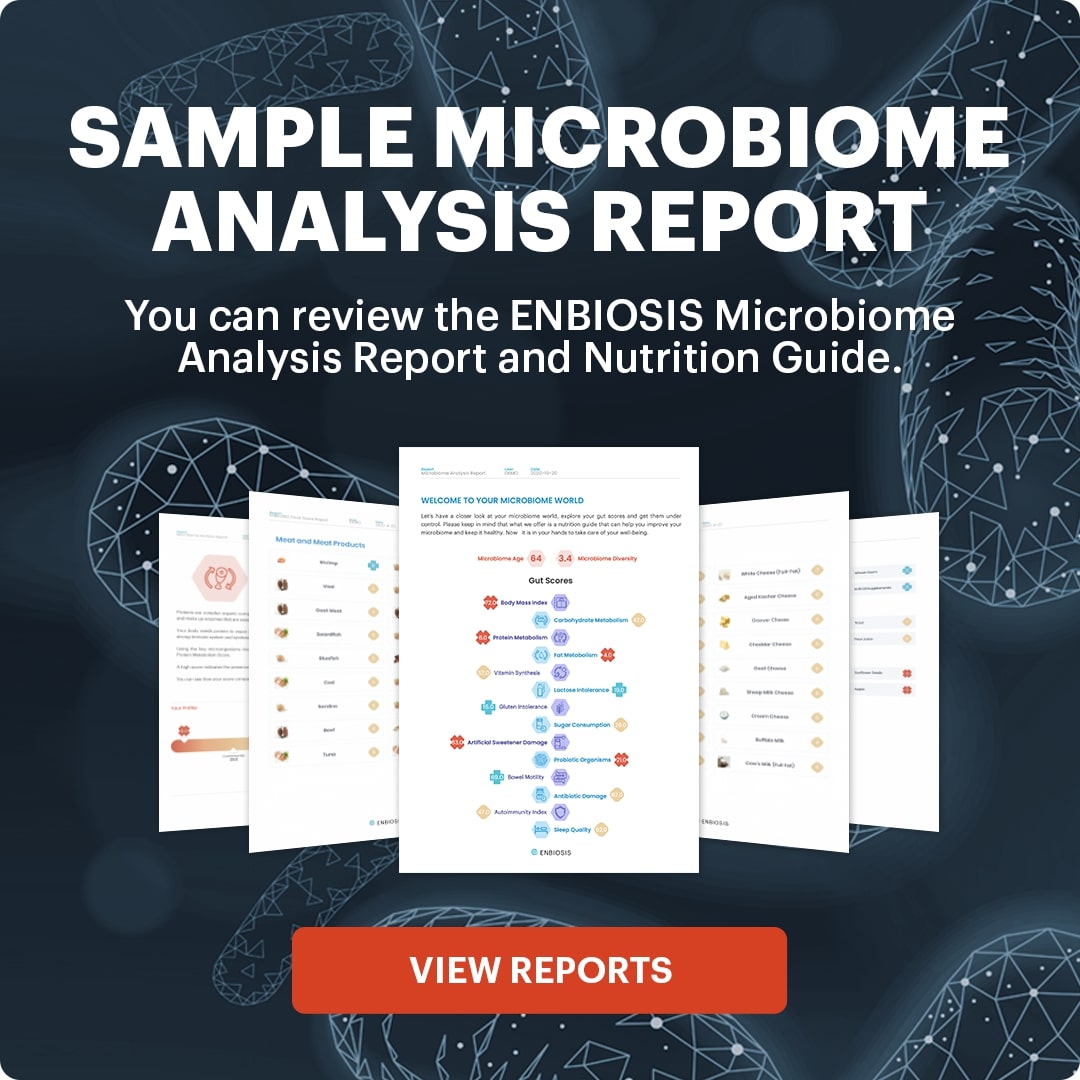As we continue to recover from the global COVID-19 crisis and brace ourselves to face emerging viral threats such as the recent monkeypox outbreak, could the key to fighting the next pandemic be hiding within our own bodies? The impact of our gut microbiome on our overall health is well-documented, but its potential role in fighting off viral infections is still a rapidly evolving area of study. Join us in this blog article as we explore the latest research highlighting how a healthy gut microbiome may help to boost our immune response and potentially help us to fight problematic viruses.
Table of Contents
A Healthy Microbiome Could Be the Key to Fighting Viruses
Our digestive systems harbor trillions of beneficial bacteria, collectively known as our gut microbiome. These bacteria help our bodies to balance their immune response to pathogens which we become exposed to through our environment. One of their primary jobs is to prime our immune system to ensure that it can effectively distinguish between harmful invaders and our body’s own cells.
Our gut bacteria play a dual role in protecting us from viruses: they may help to prevent us from catching them in the first place, and they can also aid our bodies in fighting them off if we do acquire an infection. So, let’s explore how our gut microbiota fights viruses in more detail.
How Can Our Gut Microbiome Help Us Fight Viruses?

Research suggests that having a balanced and diverse community of microbes within our gut can help enhance our immunity to viruses in multiple ways:
- Maintaining a Strong Gut Barrier: A healthy gut microbiome helps to maintain a strong and impenetrable gut barrier, which acts as a first line of defense, preventing viruses from easily entering our systems.
- Interacting with Immune Cells: Your gut bacteria can directly interact with your immune cells, helping them to distinguish between harmless and harmful microbes. This allows our bodies to respond appropriately to viral threats, potentially preventing them from taking hold.
- Producing Antiviral Chemicals: Certain beneficial gut bacteria may produce chemicals that directly interfere with the viral life cycle. For example, Bacteroides fragilis has been shown to stimulate immune cells within the colon to release interferon-beta, a protein that triggers the self-destruction of infected cells and activates other immune cells to attack the virus. Meanwhile, Streptomycetes bacteria are known to produce a bacteriocin (duramycin) which can block viral entry into cells.
- Competing with Pathogens: Gut microbes may help to inhibit the growth of pathogenic viruses by competing with them for nutrients, other resources, and metabolic interactions.
- Activating the Complement System: Certain gut bacteria may activate the complement system, which is a first-line immune defense that destroys harmful pathogens and helps the body to recover.
Can Gut Dysbiosis Weaken Your Immune Defenses?

Imbalances in the gut microbiota can significantly compromise the immune system, leaving you more susceptible to infections. Indeed, multiple studies have linked gut dysbiosis to an increased susceptibility to catching viruses. As an example, gut imbalances resulting from antibiotic treatment have been shown to increase susceptibility to influenza infection in the lungs.
Worryingly, this disruption can lead to a vicious cycle. Viruses themselves, such as SARS-CoV-2, can also wreak havoc on the delicate balance of your gut microbiome. This can lead to further immune system dysfunction, making you even more vulnerable to subsequent infections or complications.
The Role of the Microbiome in Disease Severity
Recent research has highlighted the significant impact that our gut microbiome composition can have on the severity of various diseases, including respiratory infections such as COVID-19.
A study published in Gut found that the composition of our gut microbiota is closely linked to the severity of COVID-19. Patients with severe COVID-19 had a significantly altered gut microbiome compared to those with milder cases, with key beneficial bacteria, including Faecalibacterium prausnitzii and Eubacterium rectale, notably depleted. This dysbiosis was associated with higher levels of inflammatory markers and cytokines, suggesting that an imbalanced gut microbiome may exacerbate the inflammatory response seen in patients with COVID-19.
These findings reveal a powerful truth: a healthy gut microbiome isn’t just beneficial – it’s essential for minimizing the negative impact of viral infections.
Nurturing a Virus-Fighting Microbiome

We now know the importance of a healthy microbiome in our body’s defense against viral infections. So, how can we use this information to our benefit?
Gut microbiome testing allows us to accurately detect imbalances within our gut microbiome and unlock personalized insights into our health. By analyzing the composition of your gut bacteria, gut microbiome analysis can identify imbalances or deficiencies that may compromise your immune defenses.
The results from microbiome testing provide a comprehensive overview of your gut health. This information can be used to tailor dietary recommendations, suggesting foods that promote the growth of beneficial bacteria. Additionally, the test results can guide the selection of specific probiotics that can help to restore balance to your gut microbiome.
How Can Enbiosis Help?
At Enbiosis, we offer cutting-edge AI-powered microbiome testing to provide you with a detailed understanding of your unique gut ecosystem. Based on the results of your gut analysis, we can create tailored recommendations for dietary adjustments, targeted probiotics, and prebiotic supplements to cultivate a flourishing gut microbiome that supports optimal immune function.
Contact us today to find out how we can help you to optimize your immune system.

